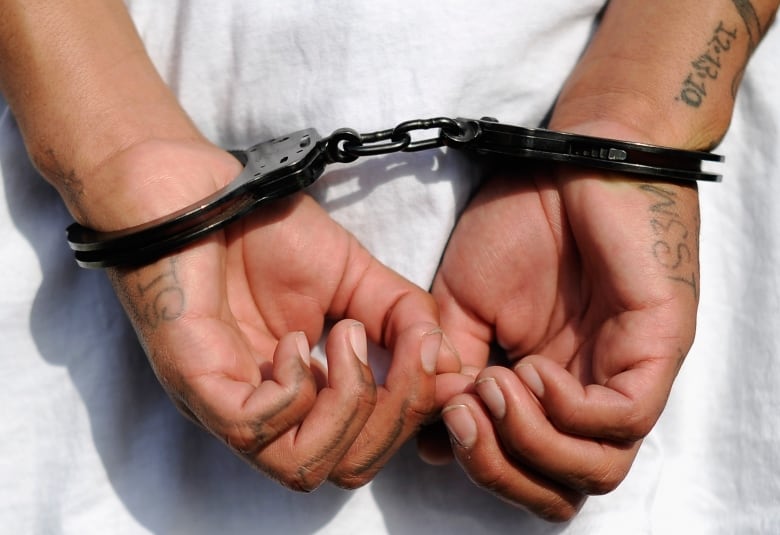Violent organized crime in Kamloops, B.C., poses public risk, says researcher
'These things have a way of spilling off into the public venues,' says former officer

Police say the recent violence in Kamloops is linked to organized crime, and have downplayed the risk to the public. But a gang researcher and former police officer says the violence could affect innocent bystanders.
In less than a month, there have been three homicides; two the morning of Jan. 23 at separate hotels in different parts of the city, and one in the late afternoon of Feb. 15.
There was also a robbery-turned-kidnapping that began downtown on the morning of Feb. 14.
Cpl. Jodi Shelkie with the Kamloops RCMP said "it would be prudent for the public to remain vigilant."
And for those involved in organized crime, however, the risk is high, police say. "It is not safe to be a drug trafficker in Kamloops right now, no question," RCMP Supt. Sid Lecky told Daybreak Kamloops guest host Doug Herbert.
"The group who is supplying your drugs today may actually be the same ones who will kill you tomorrow."
Lecky's warning means the public is actually at risk, according to Cathy Prowse, who has studied organized crime both academically, and as a police officer in Calgary.
"They're telling you point blank that the tensions have escalated to a point where there's going to be some more high-risk shots being taken, and if that is in a public place … that's a huge risk," Prowse said.
Prowse said that when criminals start committing violent crimes in broad daylight in public spaces, they're trying to send a message to rival groups or individuals.
Gang structure changing
The way gangs work has changed over the past few decades, she said, and it's making it more difficult for law enforcement to catch criminals.
Gangs once had fixed memberships, gang names and were based on geographic location. But today's gangs are street leaders — Prowse calls them "new-age gangs" — who draw from their personal networks to create a loose knit, constantly-changing group of individuals who move around based on where the leader sees an opportunity to make money.

"They're in Kamloops today, they're in Kelowna tomorrow, they'll be in Calgary on day three," Prowse said. "You're following your distribution network and that's when the tensions escalate."
That mobility is a challenge for investigators, Prowse said. Police work is predicated on repetition, but if there are always different people moving about different places, it's hard to find a pattern.
"It gets very, very difficult," Prowse said.
As tensions escalate, either between street leaders or within these fluid groups, Prowse said more violence will occur in public spaces, similar to what's happening in Kamloops right now.
"These things have a way of spilling off into the public venues," Prowse said.
With files from Daybreak Kamloops